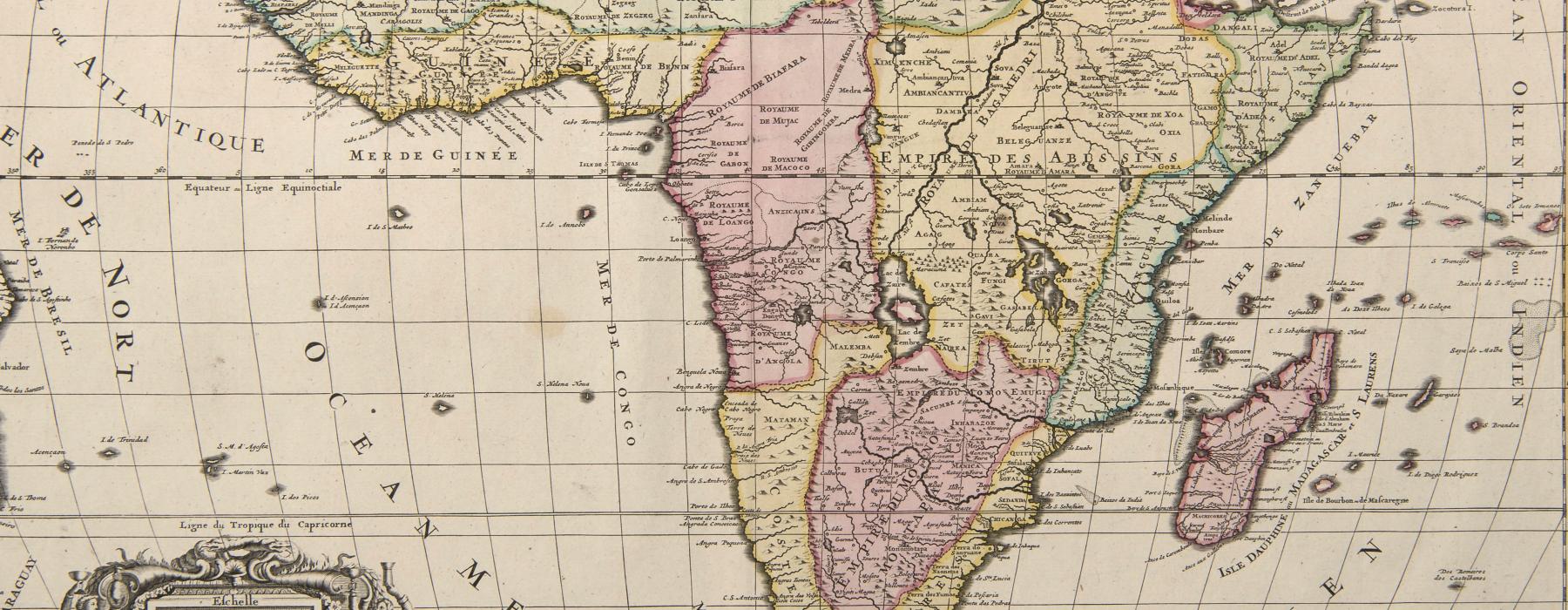
Special thanks to Amal Alhaag, Alicia Schrikker, Nira Wickramasinghe, and Carine Zaayman for helping to deliberate on the below set of interrogations. If we have not done it justice, we look forward to further deliberations in our workshop.
- In preparing for the exhibit, are we interested in an additive history or an analytical history? What yield does data have? If analytical, when we draw upon slavery as a critical category, then how does the term enable us (or constrict us) differently in our thinking of colonialism in the regions brought into contact through the Indian Ocean? How do we discuss diverse regions from South Africa to Eastern Indonesia, which each have had different pre-colonial and colonial trajectories and histories of extractive labor?
- How do we discuss colonial violence as distinct from the violence of slavery? Of extractive labor? Should we discuss them as separate? How do we discuss the impact of Dutch colonialism in relationship to the differing assemblages of class and race?
- How do extractive forms of labor force us to take account of historical processes of de/humanization? What is the role of enslavement in the relationship to our present-day understanding of being human? Of personhood and how should we understand personhood: in contexts of present-day and colonially informed academic and legal understandings? Of indigenous notions? And how do we deliberate on these questions respectfully?
- One of the ongoing tropes when one talks about slavery in the Dutch context has to do with the question of where colonialism was ‘worse’ or ‘better,’ if such a question should or can even be asked? How to regimes of extractive labor and the nomenclatures given to them contribute to such comparative readings of the gravity of colonial legacies?
- How to think of nomenclatures for extractive labor in relationship to dehumanization? How do we deliberate on Rothbergian theorization of implicatedness in relationship to these questions?
- Historically, how do we correct a history that until recently has not taken account of how extractive labor in the nineteenth century simply continued, even after the abolition of slavery?
- How might we focus on the techniques of slavery, labor, and colonialism, rather than just on who and what were traded?
- How are regimes of taste in Europe conditioned in grand part by practices of trading, yes, of goods, but also of the laborers who produced those goods (Simon Gikandi, 2014)? [We hope to organize a separate workshop on this question, yet still invite speculation, if appropriate.]
- Most importantly, which stories are most important to tell to a Dutch audience today? And to those visitors taking their impressions of the Netherlands when visiting our museum? Which stories from the archive, which are not usually told, might we mobilize in this exhibit? How do we emphasize localized knowledge? Which dilemmas must we explicitly articulate? Which might be suggested or alluded to?





